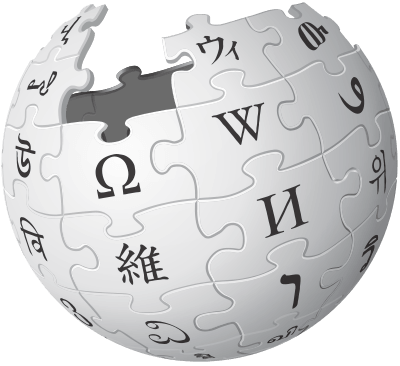How accurate is Wikipedia?
Wikipedia is one of the biggest, ummm..., not one of the, the biggest open-source project of information. But! How accurate is this source? Is it reliable? And most importantly, can we trust it?
Most of the information on Wikipedia is highly accurate, and most of the time what you read on Wikipedia will be 100 percent true.
However, Wikipedia articles are not subject to any sort of systematic quality review, which means that you have absolutely no guarantee whatsoever that any given article will be, at the time you read it, accurate, in the sense both that everything stated therein is accurate and that no significantly relevant facts have been omitted.
In fact, Wikipedia also claims the same:
Of course, essentially all Wikipedia articles can be edited at any time, by anyone, to insert any content or delete any content whatsoever, and such edits could easily cause the article you’re looking at to contain misinformation or not contain a materially significant fact. Most edits that damage the factuality of an article are reverted fairly promptly, but a substantial fraction of them are not. This is largely because the review of edits on Wikipedia is not systematic. Rather, it’s happenstance: a damaging edit will be reverted if and only if someone happens to notice it. If nobody notices the harmful edit, nobody will review it to see if it improved the article, and thus it will remain. Possibly for years. In a few cases now, for over a decade. Yes, there are articles on Wikipedia that have been wrong for over ten years.
What this means is that although Wikipedia is more accurate than you think, you should treat Wikipedia as a very unreliable information source. If the question you are looking to Wikipedia to resolve is unimportant, then the risk that the Wikipedia article you find on that topic will be fake is likely acceptable. However, if whatever you are trying to learn is actually important in some real way, you absolutely must check whatever you learn from Wikipedia against sources whose reliability can be attested to, as Wikipedia has none.
Wikipedia is undoubtedly more accurate than you think. But just because anyone can edit it, you cannot rely on it. And about the wrong articles, they pass by hundreds of edits, and with each edit, it becomes more accurate.
Some posts have been marked as "Old Posts". Less likely, but they might have out dated or incorrect information, ugly looking bits of code, no labels, etc. Don't get me wrong, many of these posts are top-notch and interesting too.
I thought it would be better not to delete or revamp these posts, even if they suck. The bitter truth is that old works always suck, but I take that as a positive tool to convey that I am growing. Besides there's no better way to showcase my journey without these old, messy, poorly written posts!
I thought it would be better not to delete or revamp these posts, even if they suck. The bitter truth is that old works always suck, but I take that as a positive tool to convey that I am growing. Besides there's no better way to showcase my journey without these old, messy, poorly written posts!
Old Post

